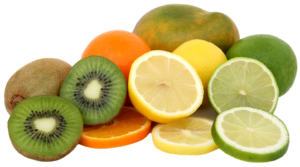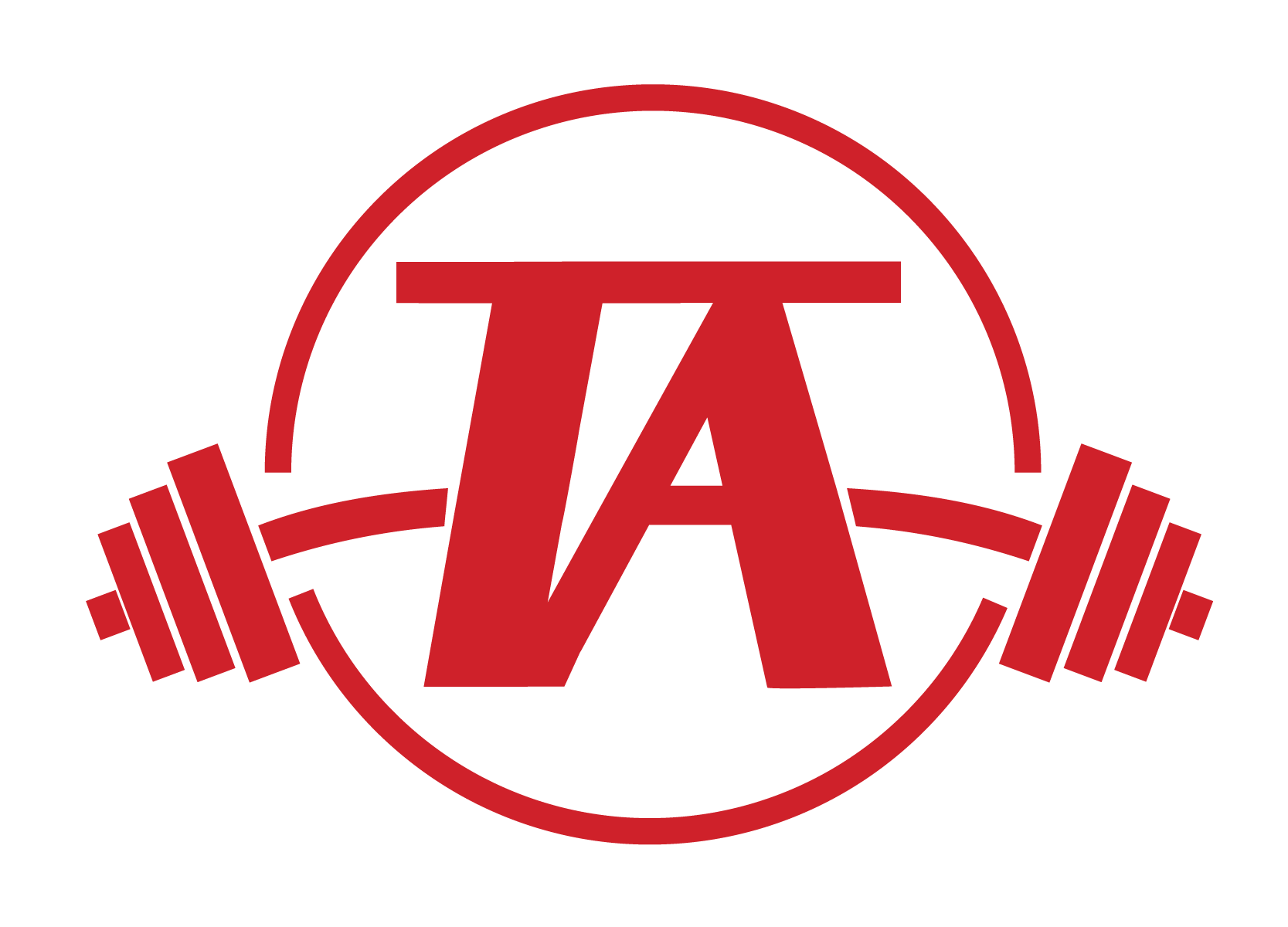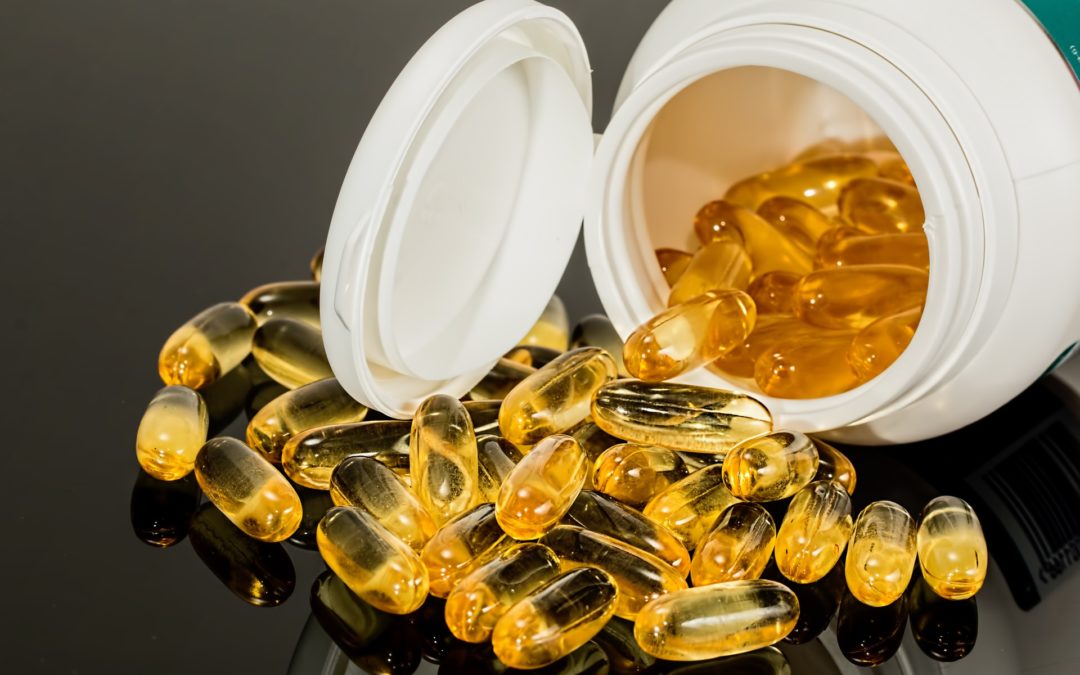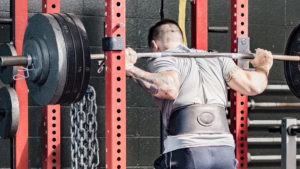Athletes are constantly looking for any (legal) advantage that will push their career to the next level. Enter the supplement industry, a roughly $40 billion a year giant, filled with a variety products that vary from safe and useful to ineffective.
Collagen is one of the newer products gaining popularity in the supplement industry. Whether it’s from bone broth, collagen peptide powder, or combination whey protein/collagen powders, collagen supplementation has become popular with athletes and health enthusiasts. The popularity stems from the claims that collagen helps improve joint health, reduces pain, and speeds up recovery between training sessions. Let’s take a look at what the research says.
What is Collagen?
Collagen is the most abundant protein in the human body and the main structural protein that makes up connective tissue, such as skin, bone, cartilage, ligaments, and tendons.There are at least 16 types of collagen, but about 80-90% consist of type I, II, and III. All 16 types of collagen fold into a characteristic triple-helical structure, however, the various collagens are distinguished by their ability to associate into complex structures such as rope-like fibrils, sheets, or cross-linking between types, within the extracellular matrix.
The amount of collagen, and the structures formed, are crucial to the structure and function of musculoskeletal tissues, such as tendons, ligaments, cartilage, and bone. Poor collagen content, in disease states or nutritional insufficiency, leads to an inadequate extracellular matrix that is unable to withstand the mechanical demands of normal activity. Overall, all collagens serve the same purpose, which is to help tissues withstand mechanical demands.
What Are the Claims?
Some athletes and strength coaches have stated that they feel better and that they perform better in the weight room and on the field, after implementing a collagen supplementation regimen. These claims stem from the idea that since collagen is one of the building blocks of connective tissue, supplementing collagen will allow for more rigorous training with a reduced risk of injury and less joint pain.
There are also claims involving the reduction of wrinkles and improved skin elasticity, however, this article will focus only on the athletic and health benefits.
What Does the Research Say?
In 2017, Shaw et al. found an increase in the amino acids needed for collagen synthesis 1hr after consuming 15g of vitamin C-rich gelatin supplement. This enrichment of these amino acids was sufficient to increase collagen content and improve mechanical properties of engineered ligaments. Further, subjects who consumed 15g of vitamin C-rich gelatin supplement 1hr prior to 6 mins of rope-skipping showed an increase in collagen synthesis. Overall, this study shows an increase in collagen synthesis following collagen supplementation, and suggests an increase in collagen synthesis can improve mechanical properties and perhaps play a role in injury prevention and tissue repair.
It is important to note that vitamin C is vital to collagen synthesis, and therefore should be a part of any collagen supplementation protocol. Vitamin C acts as a co-factor for the proline and lysine, two amino acids of the collagen molecule, hydroxylases, enzymes that add hydroxyl groups (-OH) to amino acids. Hydroxylation of proline and lysine stabilizes the tertiary structure of the collagen molecule, the triple-helical structure. Without adequate vitamin C intake collagen production will be impaired.
A previous study by Lugo et al. in 2013 also showed improvement in mechanical properties following collagen supplementation. After 120 days, participants with daily supplementation of UC-II, a patented form of undenatured type II collagen derived from chicken sternum, demonstrated a significant improvement in average knee extension as compared to those in the placebo group. Individuals within the supplementation groups were also able to exercise for longer before experiencing joint discomfort.
Lastly, in a self-reported study, Benito-Ruiz et al. found that subjects with primary osteoarthritis of the knee, who were given 10mg of collagen hydrolysate daily for 6 months reported a significant improvement in joint comfort. They also found that subjects who had the greatest joint deterioration and lowest habitual meat intake showed the greatest improvement. Even though the results were self-reported, the study design, a randomized, double blind study with a placebo group, adds confidence to the findings.
Conclusion
Collagen is a promising supplement for improving sports performance, as maintaining joint health and limiting pain are vital factors in sports performance. However, this doesn’t necessarily mean you need to run out and buy expensive collagen supplements. Exercise alone is known to increase collagen synthesis, which can help increase bone density and tendon thickness, and help athletes resist injury. Therefore, a consistent training plan is the first step in improving joint health and comfort.
While collagen peptide powders are very popular, the science has shown that gelatin and vitamin C are also viable options. In addition to supplementing collagen, making sure that you’re eating a diet that gives you a variety of amino acids may also help. This can include animal products as they generally have many or all of the essential amino acids we require.
Also, lifestyle plays a role as well. A poor diet, excessive alcohol consumption, and smoking can decrease collagen production. As with any supplement, make sure you get the big picture things right before worrying about supplements. This means sleeping enough (ideally 8 hours or more), eating a well rounded diet with a variety of protein sources, and training consistently using a well-thought out program.
If you already have all of your big picture lifestyle factors hammered out, collagen supplementation around your training sessions may be worth exploring.
Resources
Photos:
“Jon Neese squat” by Lance Goyke CC BY 2.0
Shaw G, Lee-Barthel A, Ross M, Wang B, Baar K (2017) Vitamin C–enriched gelatin supplementation before intermittent activity augments collagen synthesis. American Journal of Clinical Nutrition.
Lugo JP, Saived ZM, Lau FC, Molina JP, Pakdaman MN, Shamie AN, Udani JK (2013) Undenatured type II collagen (UC-II®) for joint support: a randomized, double-blind, placebo-controlled study in healthy volunteers. Journal of the International Society of Sports Nutrition.


